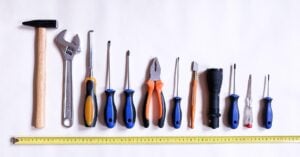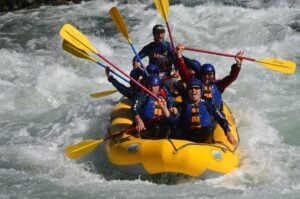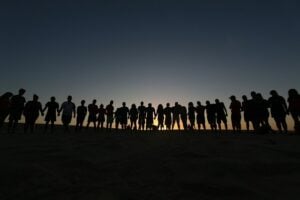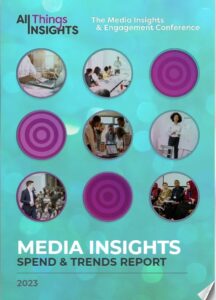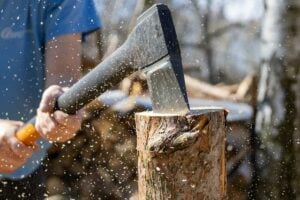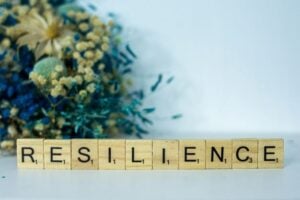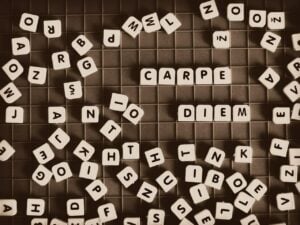Like many companies, during the pandemic, it was a time of reorganization and difficult choices had to be made.
Avery observes, “It’s no exaggeration to say that the function that I’m running today could not be more different than the function that I was running in January of 2020. It’s a radically different assortment of people. We underwent a massive consolidation as a result of reductions in force. We’ve also gone through several smaller kind of reorgs as we’ve adjusted to those massive changes. I would say you wouldn’t find a more tumultuous year. And when you’re a DIY function, I’m sure insights functions really have to struggle through the pandemic, budgets were cut, work was reduced.”
It’s the people of course that are impacted the most by such cuts. For Avery and the team, it was also about rolling up their sleeves and rebuilding.
“It’s one thing to say, we are not going to do these projects. We will see what we’ve got with our existing resources and just try to live through it,” Avery points out. “When you run a DIY function, you have to cut people. That means when you have to rebuild, you have to build it all from the ground up. Coming out of it, these last 12 months, we sort of rehired. We actually had a bunch of open positions once the park opened up and all of those had to be rehired. The last 12 months has basically been about getting all those positions filled, and then embarking on kind of a new role, a new goal. What do we have with these people? What kind of skills did we actually get? What deficits do we have? And how do we take this new crew and build a new culture.”
Certainly, there were some lessons learned from such a challenging time, perhaps more so because of the DIY nature of Avery’s function.
“With the DIY function, I think we’re always learning something. This is all just a continuous human experiment, really,” she says. “We might say, we need more highly trained people who have specialized skills, then when we determine the market, it makes it very difficult to locate these individuals. Then we turn around and say, we need to make those individuals. We need to hire individuals as they come out of school and train them. You learn a lot about what it takes, to grow and lead, train and develop talent. And I think every day we get better at learning, to build a culture with continuous improvement in development so that you can actually source all of your research from inside your own function.”
Finding the right talent, and the training/development of that talent, is a common challenge in the insights community. Just how can one optimize and make the team as efficient as possible?
“I think it continues to be figuring out how to train people to do the most sophisticated bodies of work that clients could ask for. We are a very unusual function that we outsource almost nothing. And trying to figure out how to train individuals to do all of those things, to the level of advanced analytics suppliers, is just a continuous challenge,” says Avery.
See the video for more on Seth Adler’s conversation with Jennifer Avery, as they discuss the labor of insights, talent replacement, reorganizations, apprenticeships and more.
Contributors
-
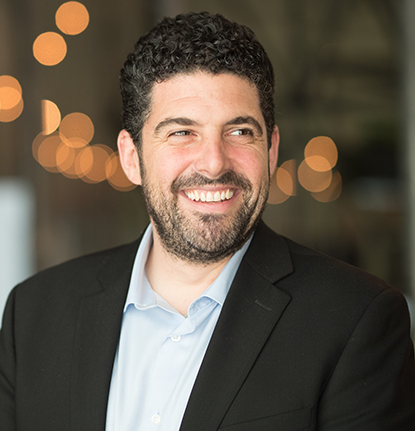
Seth Adler heads up All Things Insights & All Things Innovation. He has spent his career bringing people together around content. He has a dynamic background producing events, podcasts, video, and the written word.
View all posts -

Matthew Kramer is the Digital Editor for All Things Insights & All Things Innovation. He has over 20 years of experience working in publishing and media companies, on a variety of business-to-business publications, websites and trade shows.
View all posts






